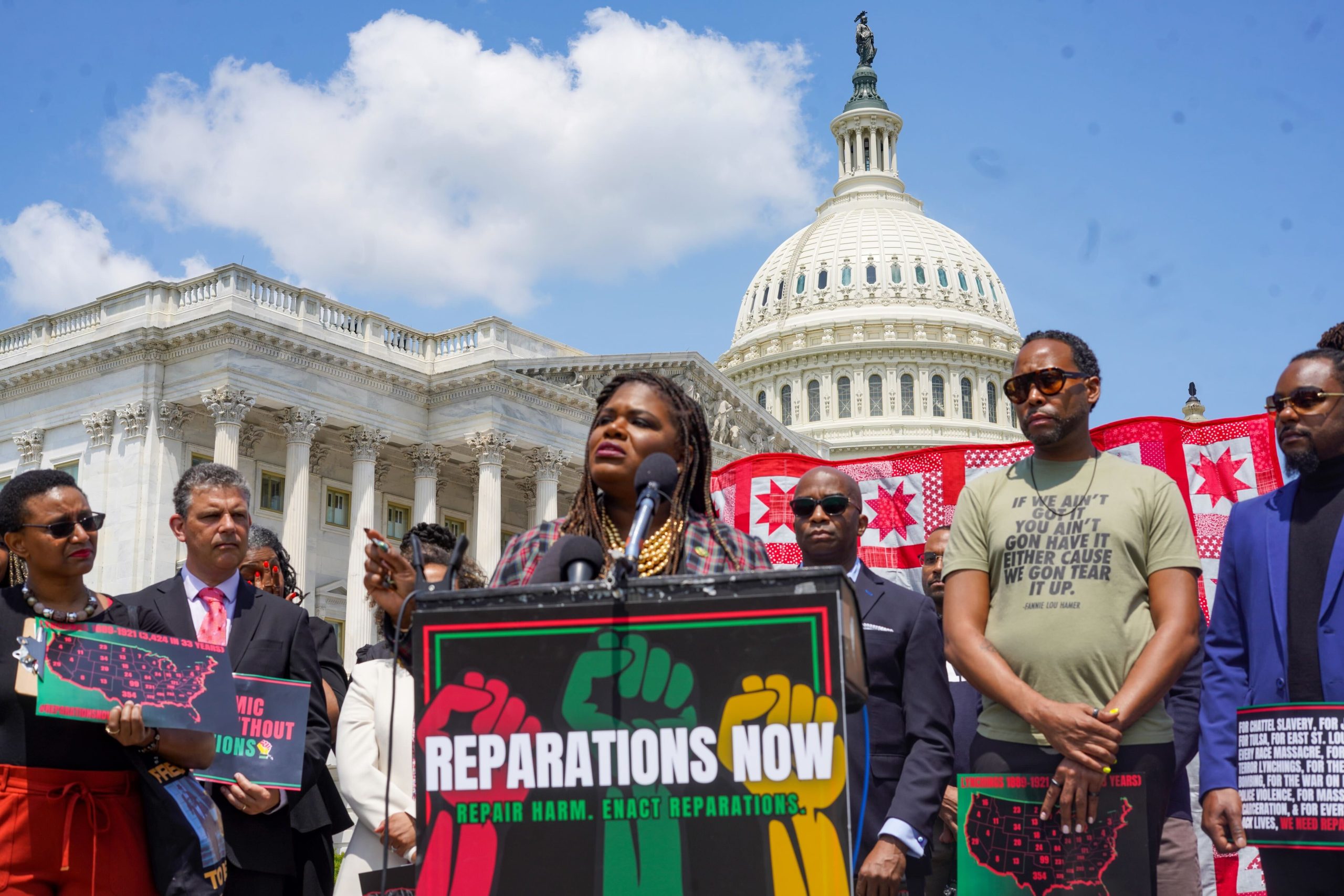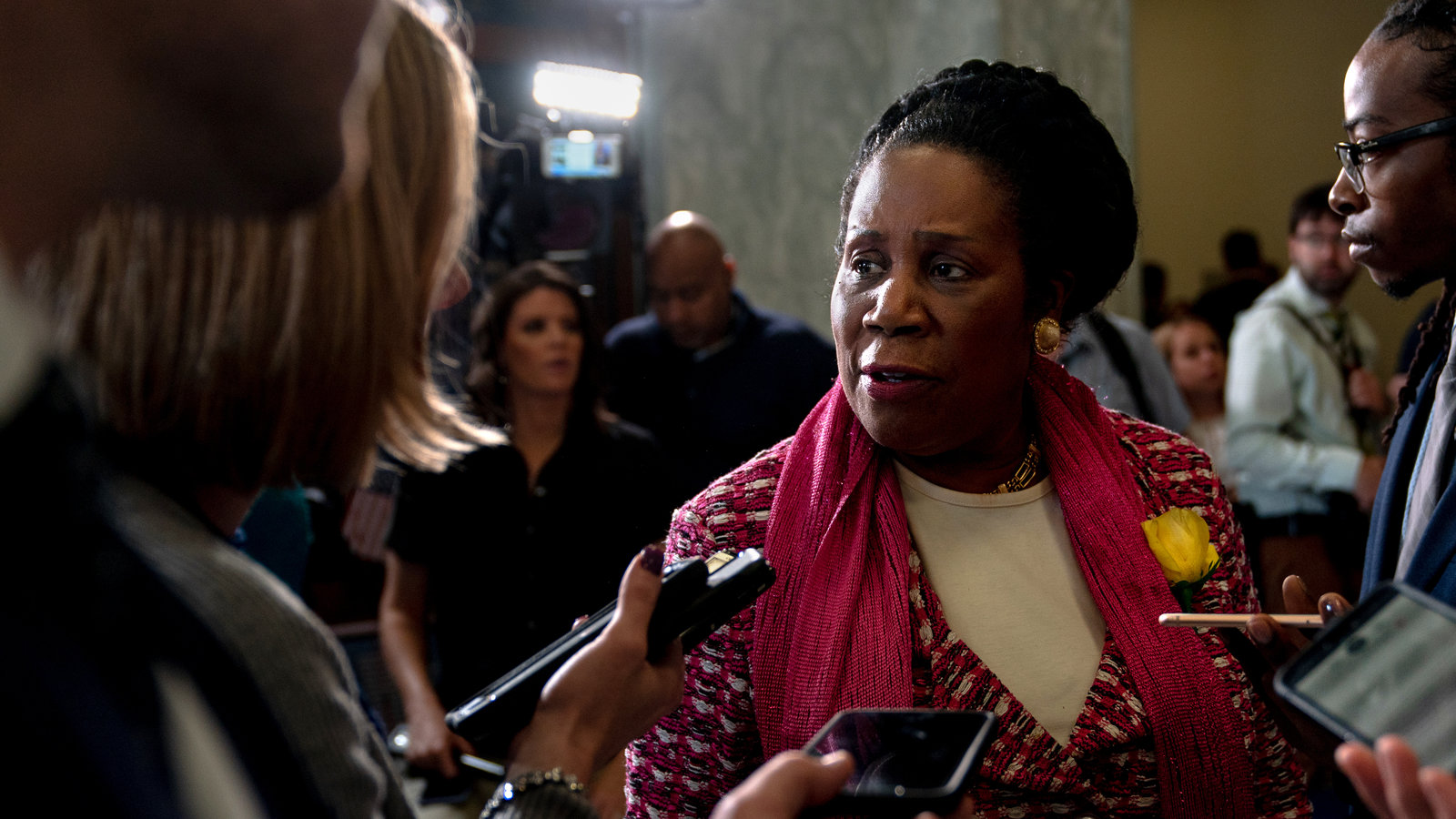Although there has never been a comprehensive slavery reparations scheme in the United States, things may be changing as several states and towns are pushing for laws that would help Black Americans in general and slave descendants in particular.
Thus far, a variety of approaches have been offered, including awards, formal apologies, direct financial payouts, and schemes with eligibility based on race.
However, the reparations plans for California, Illinois, and North Carolina were updated this month.
According to Alex Beene, an economics professor at the University of Tennessee at Martin, “a greater number of cities and states are looking into reparations as an alternative to the massive gap in wealth and income that follows the racial divide.” This information was provided to the Media.

Although the labor market and its pay have undoubtedly improved, there is still a sizable asset-based gap in income in many areas of the nation, and governments are working to close these gaps.
The Legislative Black Caucus in California has introduced many bills that incorporate recommendations made by the California Reparations Task Force.
Legislation known as AB 2862, which could have granted Black Americans and those descended from slaves preference when applying for professional licenses, does not seem to have received much support. But California’s agenda still has a ton of additional suggestions. Both SB 1403 and SB 1331 are awaiting their initial hearing in committee.
A ‘California American Freedmen Affairs Agency’ would be established by Senate Bill 1403 in order to assist the Reparations Task Force in putting its suggestions into practice.
Senate Bill 1331, on the other hand, would establish a fund for settlements and restitution justice, which would subsequently be used to pay for future state reparations.
The Committee on Higher Education suggested that another Senate bill, 1348, be passed and forwarded to the Committee on Appropriations. Universities that meet specific program standards and have at least 10% Black students in their student population may be recognized as “Black-Serving Institutions” if that measure passes.
A few of the proposals are city-level. For example, Berkeley, California authorities suggested giving financial aid to students according to their race.
